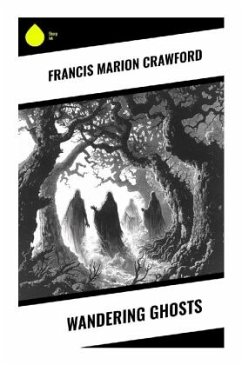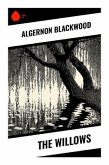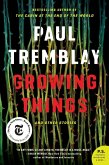In "Wandering Ghosts," Francis Marion Crawford crafts a delicate tapestry of intertwined narratives that explore the ephemeral nature of existence, love, and the specter of regret. Set against the backdrop of early 20th-century Europe, the novel imbues each chapter with a sense of haunting nostalgia, employing a lyrical style that is rich in description and psychological nuance. Crawford's masterful use of the supernatural serves as both a vehicle for character introspection and a commentary on the societal norms of his time, deftly merging elements of realism and the uncanny within a literary context straddling the Victorian and Modernist eras. Crawford, an American author renowned for his fascination with the exotic and the mystical, draws upon his diverse experiences living in Italy and familiarity with European culture, which infuse the novel with authenticity and depth. His extensive travels and keen observations of human nature and spirituality inform the profound themes within this work, allowing readers to access layers of meaning that reflect his contemplations on life, death, and the afterlife. "Wandering Ghosts" is highly recommended for readers who appreciate rich narratives that delve into the psychological and metaphysical realms. With its haunting prose and evocative themes, Crawford's exploration of the unseen enriches our understanding of the human condition, making this work a compelling addition to the canon of supernatural literature.
Bitte wählen Sie Ihr Anliegen aus.
Rechnungen
Retourenschein anfordern
Bestellstatus
Storno








